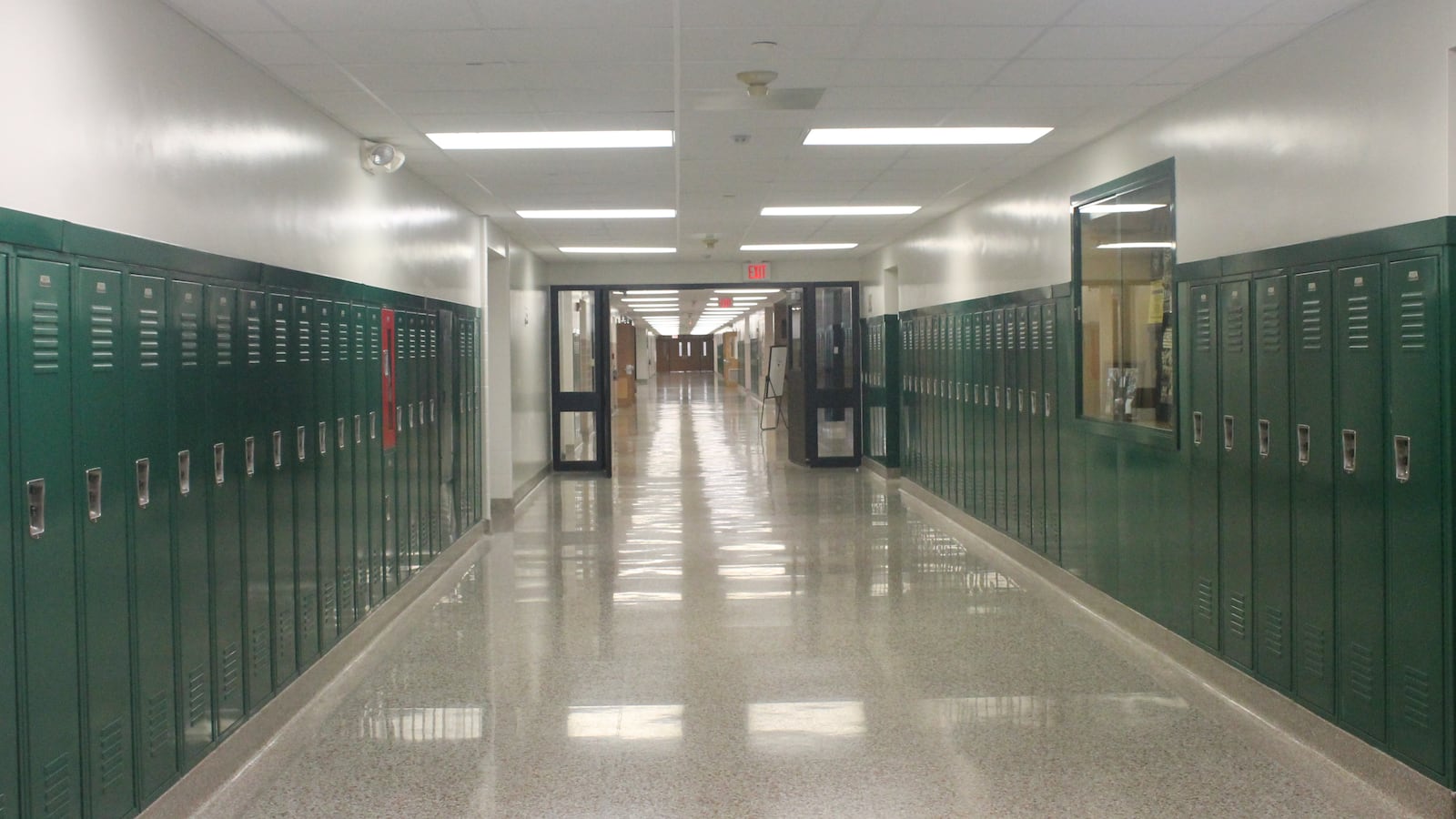New Jersey’s largest charter-school network did not violate state regulations when it disciplined students with disabilities, according to a state investigation triggered by an advocacy group’s complaint.
The complaint, which was based on parent reports and state data, alleged that North Star Academy charter schools suspended students with disabilities for minor infractions, causing them to miss class and be separated from their general-education peers in violation of federal disability law.
After interviewing North Star officials and reviewing school documents, state investigators concluded that the network of 13 charter schools followed the appropriate procedures when disciplining students with disabilities, which includes continuing to provide required educational services after suspending students.
“North Star was able to demonstrate compliance with the procedural regulations for disciplining students with disabilities,” according to the Oct. 15 investigation report.
The report does not address North Star’s suspension rate for students with disabilities, which the complaint alleged was among the highest in the state during the 2016-17 school year. The complaint, using state data, said the rate was 29 percent; North Star said it was 22 percent. The report called that data “informational” but said it was outside the one-year timeframe of the investigation.
Esther Canty-Barnes, director of the Education & Health Law Clinic at Rutgers Law School in Newark, which filed the complaint in August, said the report did not delve into all the issues raised in the complaint. For instance, it called for an investigation into how North Star’s special-education students are affected by suspensions and how often they are forced to repeat grades.
“It only addressed whether the charter school followed procedures,” Canty-Barnes said, “which is a very limited scope of what we asked them to do.”
North Star serves nearly 5,000 students at its Newark sites. Founded in 1997, it is one of New Jersey’s top-performing charter-school networks. Part of the national Uncommon Schools organization, the Newark campuses are known for their rigorous academics and strict discipline policies.
About 9 percent of North Star students had disabilities last school year, according to the report — just over half the rate in Newark Public Schools, where it was 16 percent.
Thirty-eight North Star students with disabilities served 10 or more days of suspension during that 2017-18 school year, the report said. The network gave in-school suspensions to students who disrupted class or refused to do work. It issued out-of-school suspensions to students who used threatening language, stole staff property, or displayed “defiance and aggressiveness.”
The investigators found that North Star administered the suspensions properly. For instance, records indicated that schools held legally required meetings to determine whether students’ disabilities contributed to the behavior that triggered suspensions. The schools also came up with plans to help de-escalate the students’ behavior or give them “break time” to refocus or talk to a school staffer.
When North Star did suspend students with disabilities, it made sure they continued to receive their legally mandated support services, the report said. When students were suspended for 10 or more consecutive days, North Star sent teachers to the students’ homes to provide instruction.
Barbara Martinez, a North Star spokeswoman, said the network takes “great pride” in the education that it offers students with disabilities. Those students perform in the 75th percentile or above on the state PARCC tests, she added.
“We are glad to have the NJ DOE official confirmation after their thorough investigation that these baseless and biased allegations are unfounded and that North Star is fully compliant with all procedures surrounding discipline for students with disabilities,” she said in a statement.
Michael Yaple, a state education department spokesman, said the agency’s special-education office does not have any other open investigations into North Star. He added that complainants can appeal the office’s decisions.
The federal education department’s Office for Civil Rights currently has three open investigations into North Star’s special-education practices that were launched in July 2015, according to the agency’s website. Martinez, the North Star spokeswoman, said the agency “fully investigated” a complaint from 2015 involving one student and made no determination “that we are aware of.” The agency did not immediately respond to a request for information about the investigation.
Lauren Morando Rhim, executive director and co-founder of the National Center for Special Education in Charter Schools, said that some schools’ strict discipline policies deter families of children with disabilities from enrolling. She added that even though North Star appears to be following special-education laws, it still serves a relatively small share of students with disabilities and has had a high suspension rate.
“It does raise questions as to why that’s the case,” she said, “and what could they do to increase access and success.”


